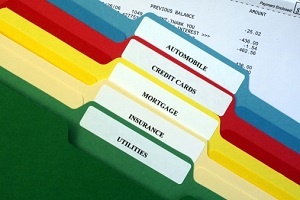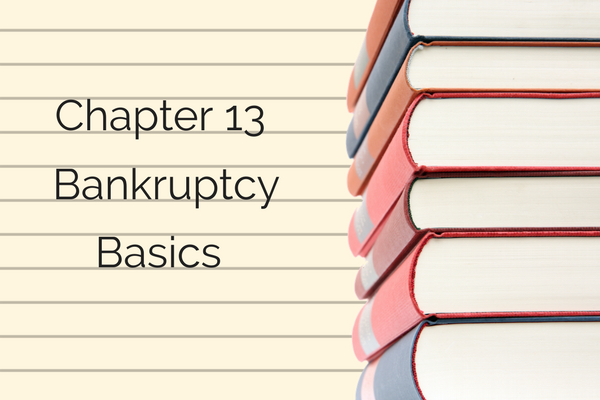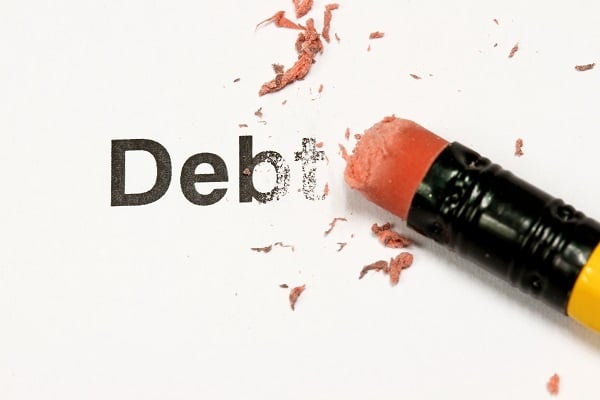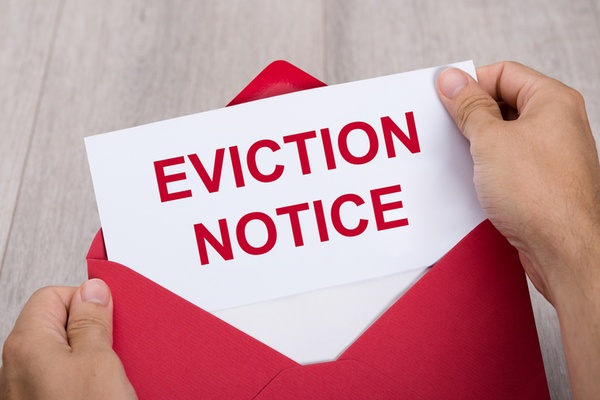You’ve filed for Chapter 7 bankruptcy and have heard this type of case referred to as “liquidation bankruptcy.” This is because the bankruptcy trustee has the authority to seize a filer’s property and assets to liquidate and distribute the proceeds to your creditors. You look around your home, at the things you have, and the thought of selling everything to pay off creditors is understandably concerning.
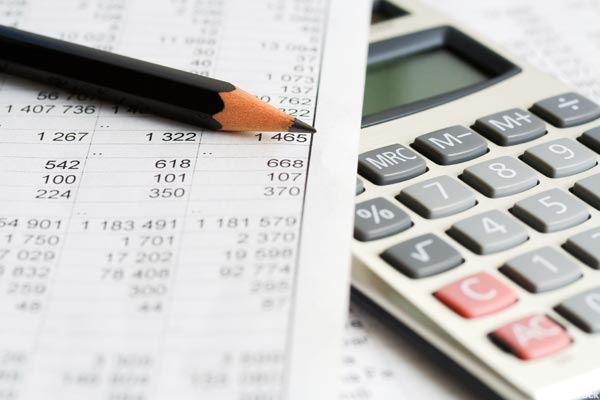
What Happens When You File Bankruptcy: Chapter 7 Exemptions
You’ve filed for Chapter 7 bankruptcy and have heard this type of case referred to as “liquidation...




